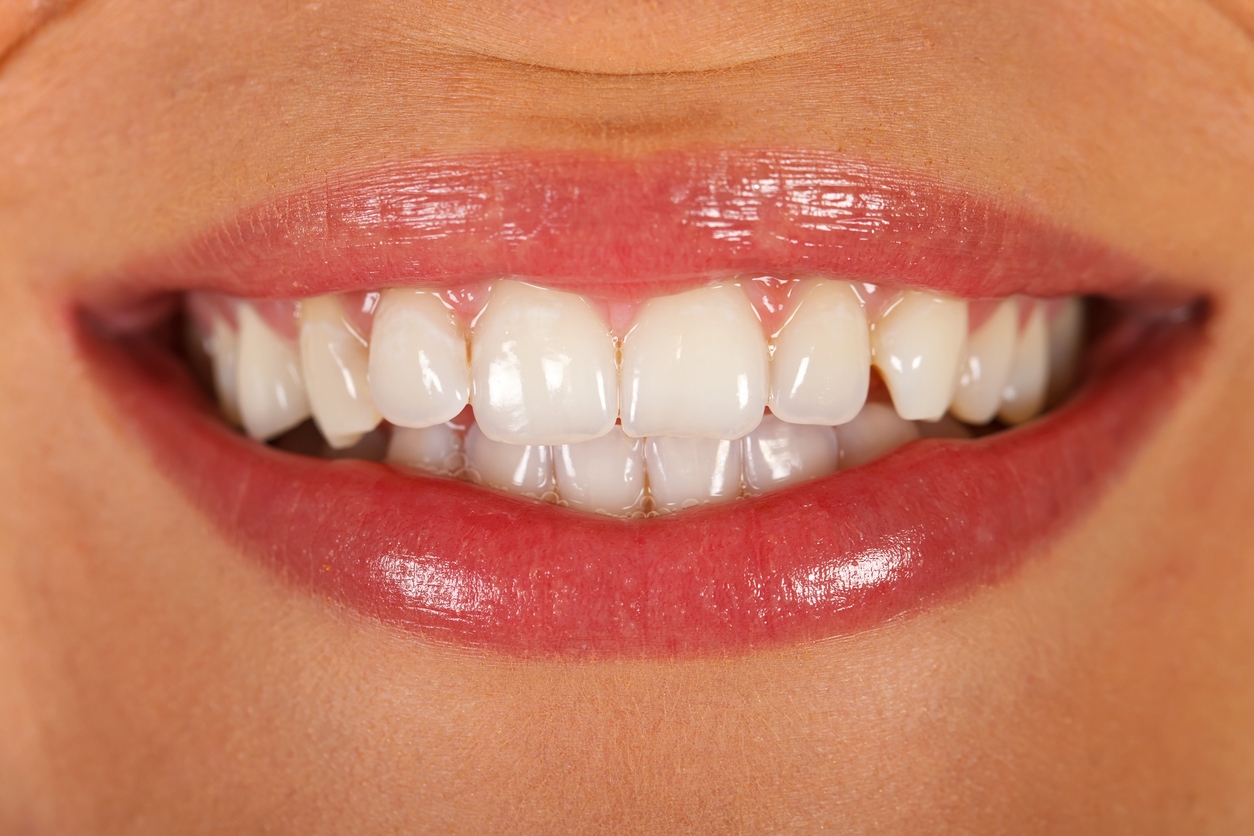
Tooth enamel is the layer on the outer surface of your teeth that offers protection against physical and chemical damage. Tooth enamel is tough. Actually, it is considered as the toughest and hardest mineral substance in your body-even harder than bone. Its primary function is to protect your teeth against the numerous chemicals they get exposed to from bodily fluids, food and drinks. As a result, tooth enamel is likely to wear and tear. And this process is known as enamel erosion.
What are the Signs and Symptoms of Tooth Enamel Erosion?
Enamel erosion is not completely obvious, especially in the first stages, but here are some of the possible signs of tooth enamel loss.
- Roughness
If your teeth are slowly becoming rough around the edges, it is likely that you are experiencing the early stages of enamel erosion. Additionally, indentations on your teeth surface can be a sign of tooth enamel erosion.
- Shape and Colour
If your teeth appear shiny or yellow, that might be a sign of enamel erosion.
- Tooth Sensitivity
If your teeth start becoming sensitive to hot or cold foods and drinks that may indicate an early sign of enamel erosion. Increased and extreme tooth sensitivity can be a sign of later stages of enamel loss. To get some relief from the sensitivity, you can try brushing your teeth with some sensitivity toothpaste as you schedule your visit with the dentist.
What are the Possible Causes of Enamel Erosion?
The acids present in the foods and drinks you consume every day can cause enamel erosion. Saliva helps to neutralise these acids to protect your teeth. However, if you keep on consuming foods and drinks containing high levels of acids and forget to take care of your dental health properly, then your enamel will wear away over time.
Enamel erosion is caused by what you eat daily, mainly:
- Acidic foods such as citrus fruits like oranges and lemons, berries, apples
- Sodas especially those that contain citric acid, phosphoric acid and sugar
- Sugary foods such as caramel, ice cream and syrups
Other causes of enamel erosion include:
- Brushing too hard
- Teeth grinding
- Drugs or supplements that contain a lot of acids such as aspirin and vitamin C
- Bulimia, binge drinking or alcoholism
- Low salivary flow
- Severe acid reflux
Prevention and Treatment of Enamel Erosion
If you are suffering from chronic enamel erosion, your dentist may recommend several treatment techniques such as tooth bonding. Bonding is a procedure which involves covering the damaged teeth using a tooth-coloured material. The material can cover up the discolouration and protect the tooth from further damage. In other severe cases, the dentist may add a crown or veneer to protect your damaged teeth.
Bottom Line
The best way of treating enamel erosion is preventing it from occurring in the first place. And if your enamel is already damaged, you can prevent it from worsening by taking proper care of your teeth.
If you are already dealing with the condition or have any concerns related to oral health, please feel free to contact or schedule an appointment with us at Carrum Downs Dental Group, and we will be pleased to attend to you.
Related Posts
Top 10 Dental Problems and Their Treatments
Enamel Damage and Tooth Decay